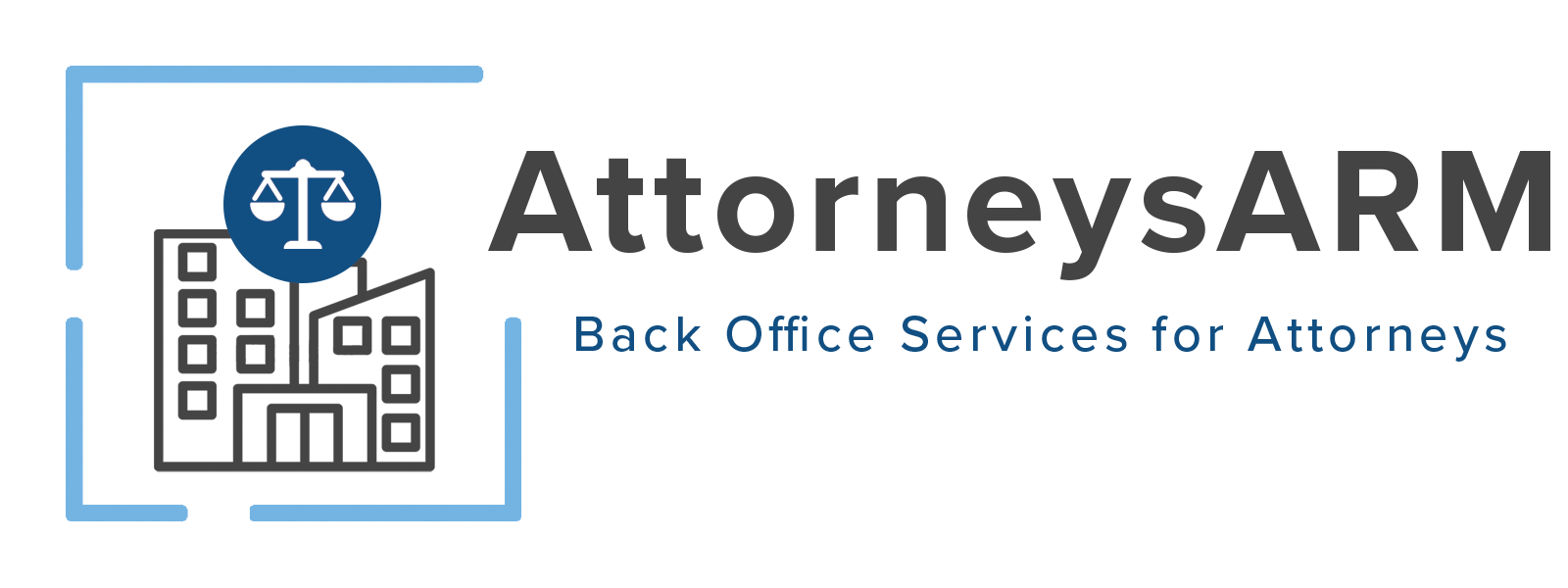At Clients ARM, we answer a lot of questions about accounts receivable. We manage the accounts receivable process for law offices (including solo attorneys!), medical facilities, and other service-based businesses. However, our number one priority is to make sure that clients and potential clients have the information that they need to make an informed decision. If you’d like to schedule a free, no obligation consultation, click here.
Is Extending Credit Important to a Business?
It can be. Ultimately, it depends on what you do as a business and your goals. Yet, it’s important that you do not extend credit to just anyone. There are some steps that you need to take to determine whether a client is creditworthy. You need to write a credit policy that works for your business. Once you’ve established this credit policy, it needs to be followed for any client who requests credit. At the very least, you should require a credit application and credit check. Without the proper credit controls in place, your business is at risk.
Do I Really Need a Contract with My Clients?
From a sales perspective, yes. Terms and conditions of sale is a simple document that explains the terms and conditions involved in the sale of your service. It includes information like the charge for your services, when the client is expected to pay, the amount of interest your charge for credit or late payments, and information about the debt collection process. This sort of contract is fairly easy to put together for every client once you have a good template. However, it’s important that if you find a template online and edit it or if you write it yourself that you get your lawyer to review what you’ve put together. This is important because each state has different laws related to contracts and even legal interest rates.
What Is the Best Way to Manage Invoices and Payments?
The correct answer is in a way that meets your needs and the needs of your clients. Past that, Clients ARM recommends cloud-based bookkeeping for your business. Why? Because if something happens to your computer, you don’t have to worry about losing the information of your clients. The information is still securely stored. Electronic invoicing often means that businesses get paid faster, too.
The real key to managing invoices and payments is found in making time each day to address your billing and your payments. Don’t wait until a certain day each week to create invoices and apply payments. If your bookkeeping system doesn’t automatically apply payments, you should ensure that payments are entered every day and that receipts are sent out. This is particularly important if you work in an industry that requires you to submit to specific regulations that could reflect on your competence.
What Information Belongs on a Statement?
A statement outlines the money that your client owes to your business. At the very least, a statement should identify your company, both at the top and bottom of the page; the date that the invoice was generated; the due date; an invoice number; the services provided; the price of each service; the total amount due; the identity of the client; and information about accepted payment methods.
What’s the Best Way to Collect on Past Due Accounts?
The answer to this question depends on several factors. One thing that is important to know is that the longer an account goes unpaid, the harder it is for you to collect. Make sure that you check out our post on how to get started with collections. If you need help, give us a call. We provide both first and third party collections.




